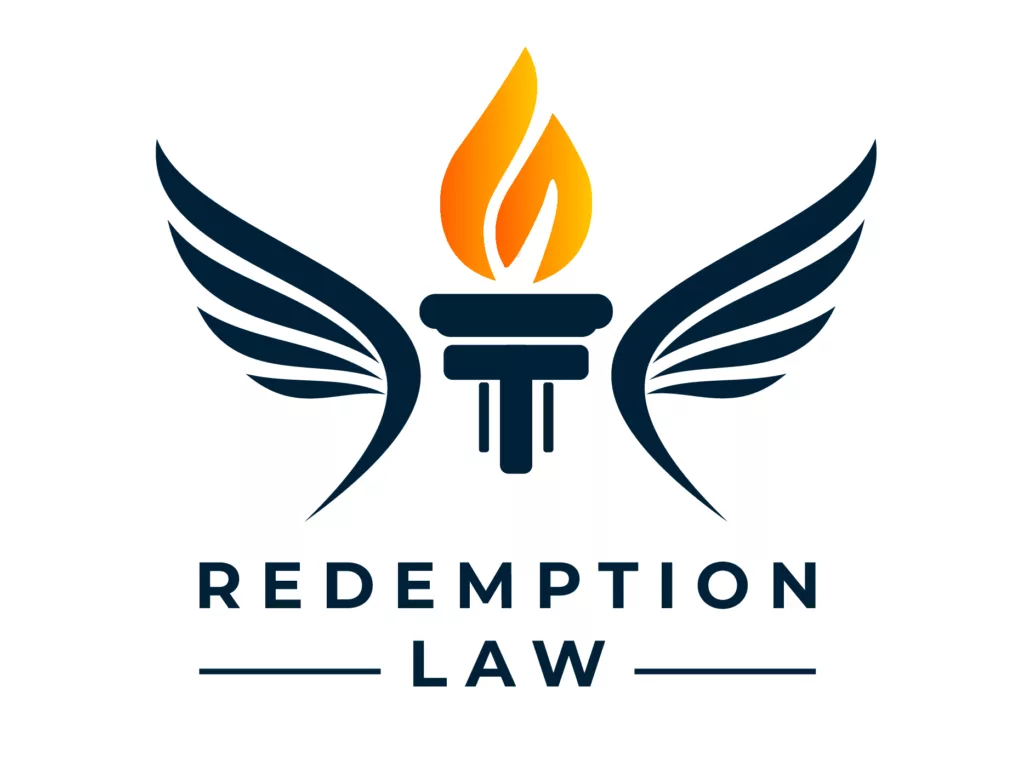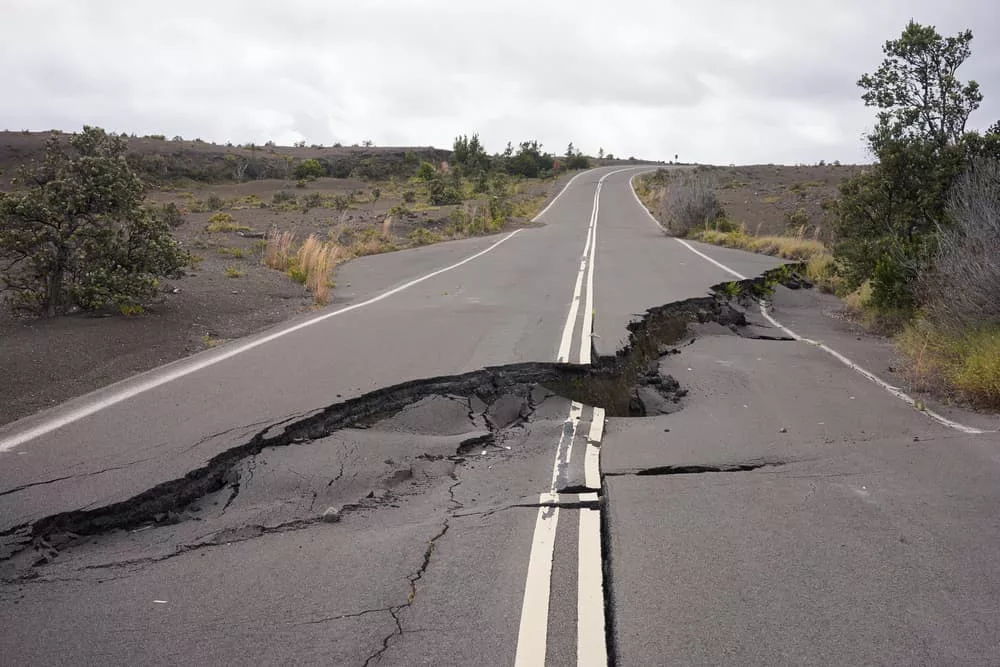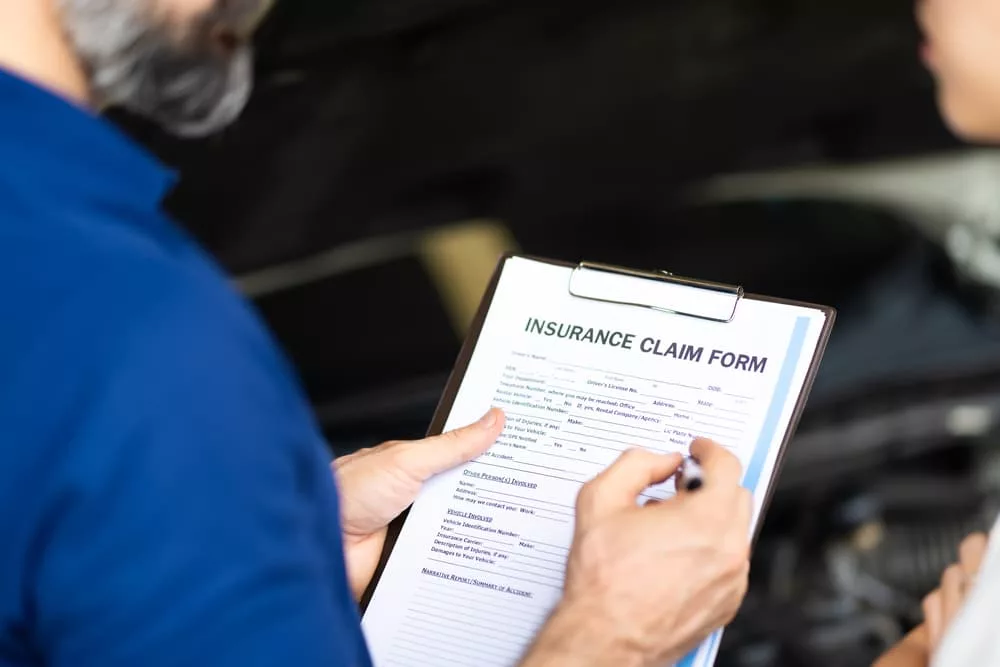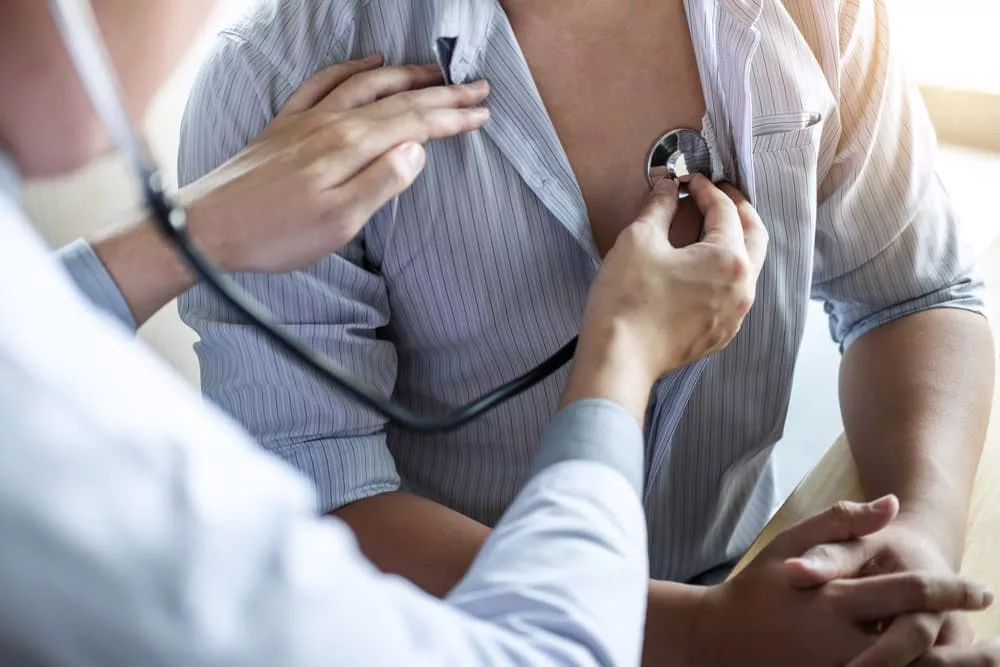Suffering injuries in a drunk-driving car accident can be among the most traumatic experiences a person can have. While all car crashes can be dangerous, drunk drivers can cause particularly catastrophic damage and bodily harm. Their slow reaction times and poor judgment can make their car’s movements unpredictable for other road users, effectively preventing those other drivers from using evasive tactics that might keep them from harm.
If you have suffered injuries in a drunk-driving car accident, you may be eligible to seek compensation from the at-fault party through an insurance claim or civil lawsuit. Yet proving liability will require you to demonstrate the other driver’s intoxication definitively at the time of the collision. An experienced car accident attorney can help you build your case, but you can strengthen it by collecting vital evidence.
What to Do After a Drunk Driving Accident
If you are in an accident and suspect the other driver is drunk, you can start gathering evidence to lay the groundwork for a strong claim for compensation. An experienced attorney can help you with many of the more involved tasks.
Take Photos and Videos of the Crash Scene
Photographs and video evidence can clearly demonstrate the results of a traffic collision to insurance adjusters, judges, and juries. The graphic detail in such visual evidence can paint a vivid picture of the conditions of the scene and can also help accident reconstruction experts create more accurate reports.
Ideally, you will want to begin taking photos and videos as soon as the accident happens and before anybody moves the cars from their original positions. If your injuries do not prevent you from doing so, capture all vehicles from all angles. Get close-ups of any areas of damage, skid marks, and debris. Be sure to take photos of the at-fault driver as well.
If you cannot do so immediately, try to get some photos of the crash site and each vehicle involved in the accident within a few days. Ask a trusted friend or family member to carry out this task for you if you cannot.
Collect Information About the Drunk Driver and Other Vehicle Occupants
A successful claim will require this information about the at-fault driver:
- Full name
- Date of birth
- Home address
- Phone number
- Driver’s license number
- Vehicle owner’s name and contact information, if different from the driver
- Insurance company and policy number
- Complete vehicle description
- License plate number
While the police will record this information when preparing their report, you should take down these details too. You will need to review the police report for mistakes, and you will only be able to verify that the information is correct if you have collected it yourself.
Asking for the contact information of other vehicle occupants can also be helpful, as they might provide statements about the at-fault driver’s alcohol-related activity in the period leading up to the crash.
Determine Whether the Drunk Driver Was Working at the Time of the Accident
If possible, find out whether the at-fault driver was carrying out work duties when they crashed into you. Companies may be liable for any injuries resulting from accidents their employees cause when on the job.
Note of Any Signs of Intoxication
Pay attention to any indication of the at-fault driver’s intoxication at the crash scene.
Such evidence may include:
- Blood-shot eyes
- Slurred speech
- Aggressive behavior
- Trouble standing
- Stumbling
- The smell of alcohol on the breath
- Any verbal evidence of having consumed alcohol or visited a bar or liquor store
Inform the responding police officer of your observations, and write them down in your own notes, as well.
Collect Information About All Witnesses
Eyewitnesses can provide crucial testimony for your claim or lawsuit, so you should identify anyone who saw the accident or arrived on the scene after it occurred. Ask for their contact information so you can get statements from them when you file your claim.
Retrieve Any Available Dashcam Footage
Many drivers have dashboard cameras (dashcams) in their vehicles to collect video evidence of accidents. If someone in a nearby car has dashcam footage of the drunk-driving accident, ask them if they can share it with you to build your case.
Retrieve Information From the Vehicle’s Black Box
Many newer vehicles on the road come with Event Data Recorders (EDR), devices many call a black box.
EDRs are computer systems within a car that record information immediately before and during an accident, including:
- The vehicle’s speed
- Brake status
- Engine RPMs
- Throttle position
- Whether the driver was using their seat belt
Expert analysts can use the data from an EDR to reconstruct what happened in the accident.
Find Out Where the Drunk Driver Consumed Alcohol Before the Accident
According to Florida law, an establishment that serves alcohol to a minor or knowingly serves an alcohol-dependent individual can bear partial liability for drunk driving accident-related injuries. Yet you can only make this kind of claim if you know where such a person consumed alcohol before the collision. Statements from witnesses, the at-fault driver’s friends, and other sources can help you discover the necessary information.
If you ascertain where the minor or alcohol-dependent person consumed alcohol, get surveillance video footage from the business as soon as possible. In many instances, only a lawyer will secure such video evidence.
Take Photos of Any Injuries
If you suffer visible injuries in a car accident with a drunk driver, you should photograph them regularly, from their initial appearance throughout the recovery process. As with visual evidence of the accident scene, photographs of your injuries are the most direct means of demonstrating them to a jury.
You may also wish to take videos of any necessary healthcare procedures you require because of your injuries, such as:
- Physical therapy
- Occupational therapy
- Burn debridement
Such videos can effectively illustrate the discomfort or pain you must regularly endure because of your injuries.
Gather All Injury-related Bills, Receipts, and Invoices
Part of your attorney’s task when filing a car accident claim or lawsuit will be to demonstrate the financial costs of your medical care.
As such, you should gather and preserve all evidence of any medical attention you receive due to your accident-related injuries, including expenses such as:
- Ambulance rides
- Emergency room visits
- Doctor’s office visits
- Diagnostic procedures, such as MRI, x-ray, etc.
- Surgical procedures
- Hospital stays
- Prescription and non-prescription drugs
While these medical costs might seem obvious, others are not so clearly eligible for reimbursement. You should also retain receipts and invoices from any expenses you incur in order to access your treatment.
These may include:
- Babysitter fees
- Hospital parking fees
- Transportation costs to and from appointments
- Lost income from missed work due to attending medical appointments
- Accommodation fees if you must travel to seek treatment
As these are all costs you would not have to pay if the accident had never happened, you may be eligible to hold the at-fault party accountable for these expenses, too.
Keep a Diary of Your Recovery
Maintaining a journal or diary to document your recovery can help you to recall important information.
Include daily or weekly notes on:
- Appointments with your doctor
- Medical treatments you receive
- Rehabilitation sessions
- Your levels of pain as they improve or worsen
- Problems you encounter with your recovery process
- Ways in which your injury may be affecting your mood levels
Attend All Criminal Proceedings Relating to the Drunk Driver’s Prosecution
Hearings, trials, and other legal proceedings are often rich sources of evidence when the at-fault driver faces prosecution for drunk driving offenses. In some cases, the drunk driver may testify, providing a first-hand account of the events that led up to the accident that injured you. If a court reporter transcribes the proceedings, ask how to obtain a copy of the transcript.
What Not to Do After a Drunk Driving Accident
Knowing what steps you need to take to obtain and preserve evidence for your drunk driving accident claim is essential. However, you should also know that some actions can harm your case.
Do Not Ignore Any Pains or Symptoms
While some accident-related injuries are immediately apparent, others may remain hidden for days or weeks. Many people avoid seeking medical treatment after a collision because they believe their injuries are insignificant. However, even the slightest pain can point to a much more dangerous injury or condition.
Anytime you are in a traffic accident, seek immediate medical attention. A doctor’s examination may uncover an injury that may have been initially invisible. Early medical intervention can give you a better chance of recovering. It can also establish a clear link between the accident and your injuries, which insurance companies will have a more difficult time denying than if you wait days or weeks to seek treatment.
Avoid Giving a Statement to the At-fault Driver’s Insurance Adjuster
When you report the accident and your injuries to the drunk driver’s insurance company, you have no obligation to provide them with any further information. If they ask you to give a written or verbal statement about the incident, politely inform them that you will not do so before speaking with your attorney. In most cases, your lawyer will provide such statements for you.
Giving a statement can harm your case, as the drunk driver’s insurance adjuster will look for any statement you make that they can interpret in a way that could reduce your compensation or allow them to deny your claim. Your attorney will know how to handle communications with the insurer without inadvertently accepting any blame on your behalf.
Do Not Sign a Settlement Without Consulting an Attorney
Insurance companies often attempt to pressure accident victims into accepting quick settlements that are worth less than the claim’s value. Speak with an attorney who can calculate the true value of your losses before accepting any settlement.
Likewise, you should not sign any release forms without fully understanding them. You may waive your right to sue the at-fault party for damages when you sign a release. If you are not ready to do so, do not allow the insurance adjuster to pressure you into signing anything.
How an Attorney Can Help
People who hire a lawyer to pursue compensation after a drunk driving car accident have several advantages over those who do not. Here are some of the many ways a good lawyer can help your case.
Investigating the Accident Thoroughly
Many of the above steps for collecting evidence after a drunk driving accident are challenging to implement without significant resources. Qualified attorneys have the necessary resources, tools, and training to explore various sources of information and gather evidence carefully.
Determining Liability
While your claim against the drunk driver may be obvious, you might not realize that other at-fault parties may have contributed to the accident that caused your losses. An experienced attorney will be better able to determine whether you can hold other individuals or entities accountable for their negligence.
Maximizing Your Settlement
People who hire attorneys to handle their cases usually win larger settlements than those who file claims and lawsuits themselves. A lawyer with experience will use their negotiating skills and thorough knowledge of personal injury law to optimize your payout. Furthermore, insurance companies are more likely to offer better settlements when dealing with a lawyer who is unafraid to take them to court.
Filing a Lawsuit if Necessary
If the insurance company is unwilling to make a fair settlement offer, your only option to receive compensation will be to take the at-fault party to court. In such a case, an attorney will file a lawsuit on your behalf before the deadline passes so you do not forfeit your right to claim compensation for your losses.
Giving You Peace of Mind

Life after a drunk driving accident can be overwhelmingly stressful. In addition to the pain you experience, you must also adjust to your daily routine within the limitations of your injury. Among the financial strains, medical appointments, and vehicle repairs, you may have little time to gather and preserve the evidence your claim requires, let alone come to terms with all the legal complexities.
Having an experienced Florida car accident attorney on your side can give you the peace of mind that comes with knowing a skilled professional is working to recover what you deserve.
Related articles
Related articles Related articles Related articles Related articles Related articles Related articles Related articles Related articles Related articles Related articles
Car Accident
18 Jan 2024
Who Is Liable if a Road Hazard Causes a Car Accident?

Car Accident
16 Jan 2024
How to File a Car Accident Claim as a Passenger





